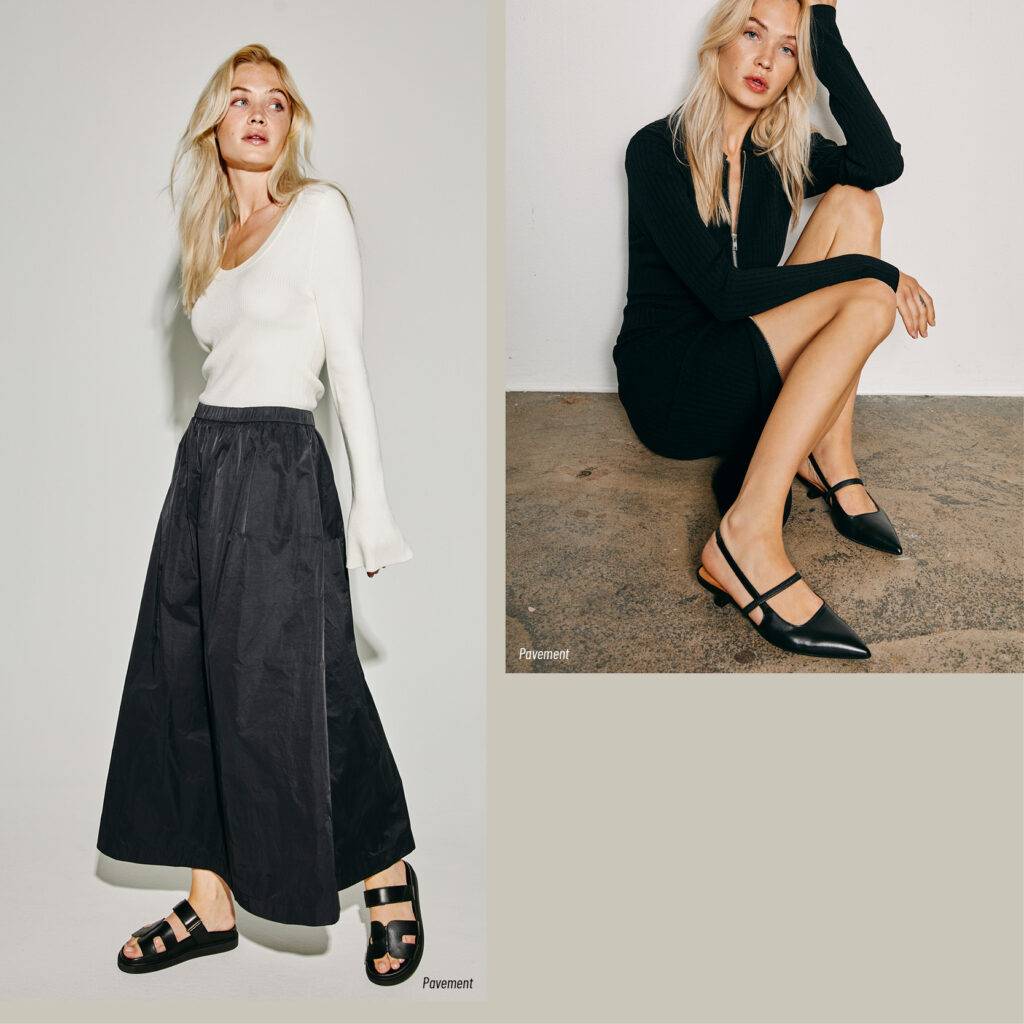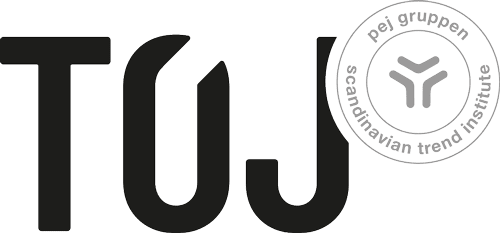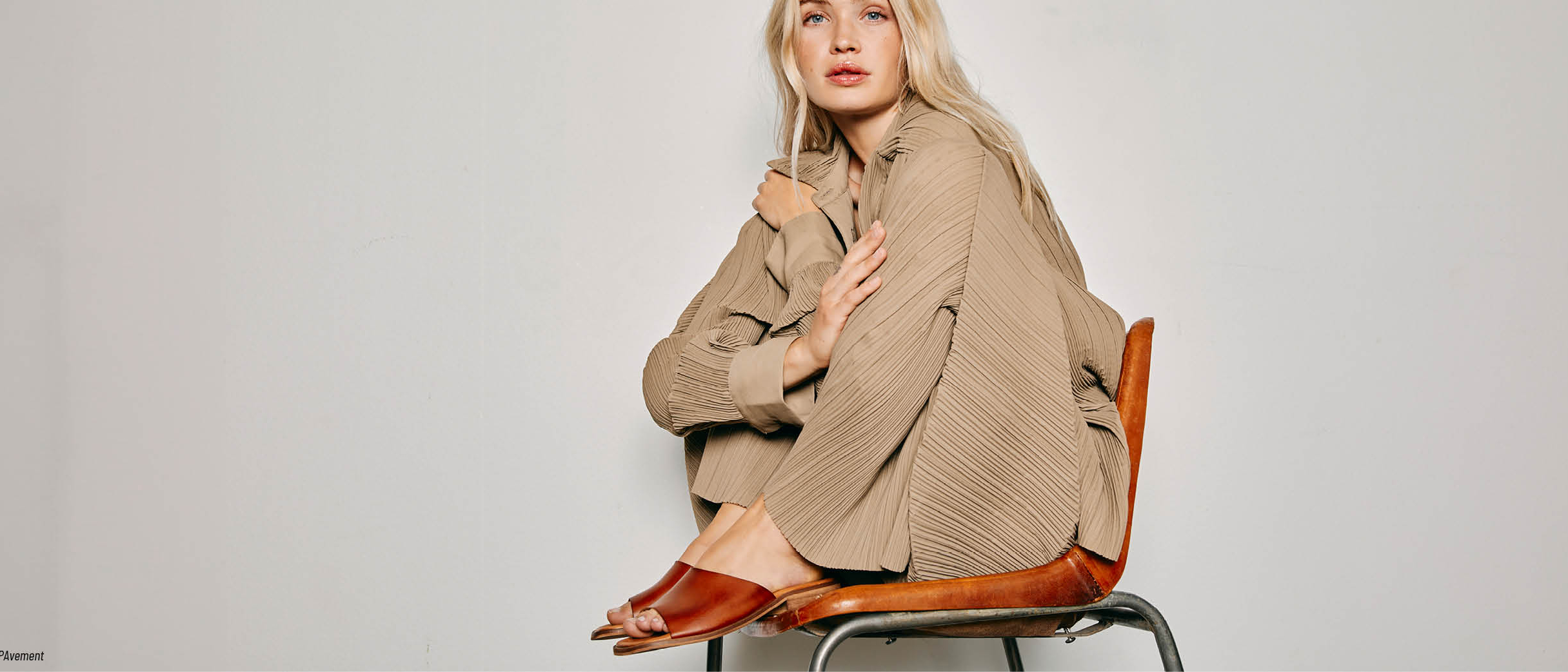Long-lasting relationships and good craftsmanship are the foundation at Pavement. TØJ visited Pavement and spoke with CEO Michael Ørum about being a first-generation shoemaker and demanding integrity throughout the value chain.
In raw, industrial premises overlooking the harbour in Aarhus, the shoe brand Pavement is based. The office and showroom are combined on one floor, where design furniture and concrete floors create a simple Scandinavian look, softened by green plants and candles.
At Pavement, they are first-generation shoemakers. The shoe brand was founded in 2010 by Peter Hildebrandt and Michael Ørum – born out of the company Pier One, which for several years distributed various shoe brands.
“We bring fresh eyes to the shoe industry and are not bound by history. Since 2010, we have focused 100 percent on Pavement, which was created with a vision to deliver a premium shoe at a reasonable price, produced in Europe,” says CEO Michael Ørum about the motivation behind the brand.
Pavement’s shoes are designed in Denmark, made from Italian leather and rubber, and they are produced in Portugal and Spain. A recipe for success that has been the foundation from the start:
“We produce according to demand and have a production time of three to four weeks. We continually roll with our bestsellers, but otherwise, we take advantage of having our production close by, allowing us to offer a completely different speed than shoes produced in China,” says Michael Ørum.
Pavement has 400 retailers across Denmark, Sweden, Norway and Finland. The shoes are primarily sold in fashion stores but can also be found in Danish and Scandinavian department stores and chains such as Salling, Magasin, Åhléns and Stockmann.
For Michael Ørum, many of the retailers are regular customers who have been with them from the start:
“I come from the Danish city Struer, where you keep your promises. This means that we did not cancel any orders during corona, we paid all our bills to suppliers, etc. We tried our best to help the pressured retailers. This approach means we have worked together with many customers for many years. It makes me proud because it shows the integrity that means a lot to me.”
Similarly, the CEO’s integrity is evident when the conversation turns to the Portuguese and Spanish suppliers. They are not just suppliers – they have become like family, supporting each other. These are often second or third-generation factories, where they know each other’s children and families:
“One of my producers proudly told me that I was his biggest customer. And I replied that I also want to be his best customer. It is about the long-term relationships and collaborations – and in that way, it is not about size,” Michael Ørum explains.
Aesthetics and functionality
In the showroom on Balticagade in Aarhus, women’s shoes dominate – from ballerinas, espadrilles, sandals, boots to heeled shoes. On one podium are men’s shoes, which Pavement introduced to the market just before corona. They wanted to make the same quality shoes for men as they do for women – the style, however, was intended to be less classic than traditional men’s shoes. A pair of leather sneakers make up the bestseller for the male audience, where extra attention has been paid to details.
Michael Ørum happily showcases the collections, filled with technical terms and nerdy production methods. The expertise is high – in a way that makes the director’s eyes almost sparkle when he explains the craftsmanship behind making a heel on a shoe, that all their leather is Leather Working Group certified, or how they specially develop soles made from 20-25 percent recycled rubber. He points out in the same breath that it is difficult to go higher in percentages without losing durability. From nerdy technique to Pavement’s mission – it all revolves around aesthetics, quality and relationships:
“All our shoes are made with the basic idea of good craftsmanship and a love for quality materials. We cherish our production at family-owned Spanish and Portuguese factories and focus on relationships with mutual respect that can last many years – from our production to our retailers,” Michael Ørum concludes.




